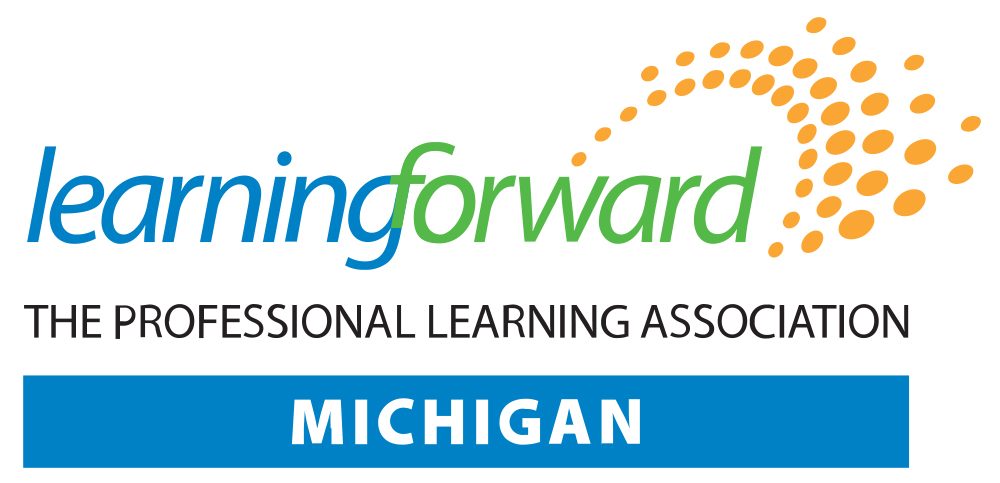Instructional Rounds, A Process of Dynamic Professional Learning
The most promising strategy for sustained, substantive school improvement is building the capacity of school personnel to function as a professional learning community. (Schmoker, 2010, p.1)
Effective professional learning must directly impact teacher practice to ensure students successfully meet the rigorous academic requirements they need to be career- and college-ready. Learning Forward defines professional learning as a comprehensive, sustained, and intensive approach to improving teachers’ and principals’ effectiveness in raising student achievement. This definition focuses attention on those who have the most direct impact on students and their learning.
These suggestions are given to the host school by the facilitator(s) and debriefed in a way that will help move the school forward with their identified problem of practice, which is guided by an initial theory of action. A theory of action informs the host school of goal areas that need to be set for professional learning. For example, the host school might draft their theory of action to read, “If we teach specific informational reading strategies across all content areas, then our reading scores on standardized assessments will increase.” This theory of action has professional learning implications for all content area teachers in the school.
After the school works with the theory of action strategies and they find that they need more information, they may request another visit. After some time of working with thestrategies that either worked or did not work, the school sorts out the specific theories of action they wish to take as a collective endeavor. Ideally, these theories help to define and refine the goals for professional learning and the work they do with students by continuously addressing real time needs for teaching and the learning. These theories can also be supported or refuted based upon triangulation of data, which may include either orboth analytical and observational data. This cycle of problem of practice development, observation, debriefing, analysis, and identification of next levels of work continues indefinitely. When done well, in the spirit of continuous improvement, and side-by-side collaboration, Instructional Rounds has the capability of ensuring dynamic learning forall – adults and students.
To learn more about Instructional Rounds as a strategy for continuous improvement and learning, read Instructional Rounds in Education (2009) by City, Elmore, Fiarman and Teitel, published by Harvard Education Press.

Our Vision
Equity and excellence in teaching and learning.
Our Mission
Learning Forward Michigan builds the capacity of leaders to establish and sustain highly effective professional learning.
Standards and Impact
Supports the implementation of standards and examines evidence to strengthen and document the impact of professional learning.
Leadership and Practice
Builds the capacity of its members, clients, partners, and staff to establish and sustain effective professional learning.
Advocacy and Policy
Advocates for policies and practices that strengthen the field of professional learning.

